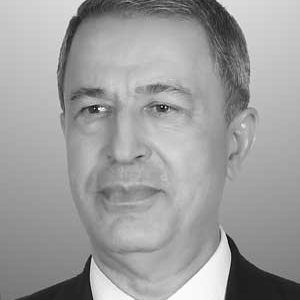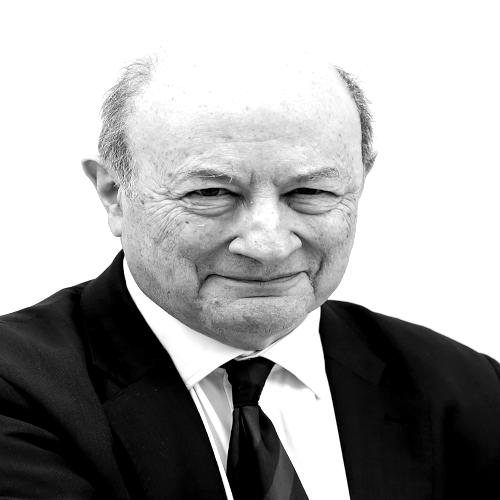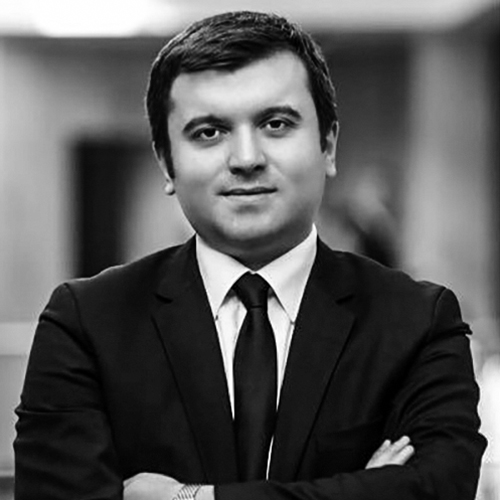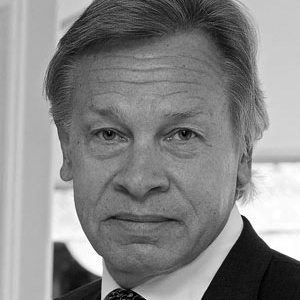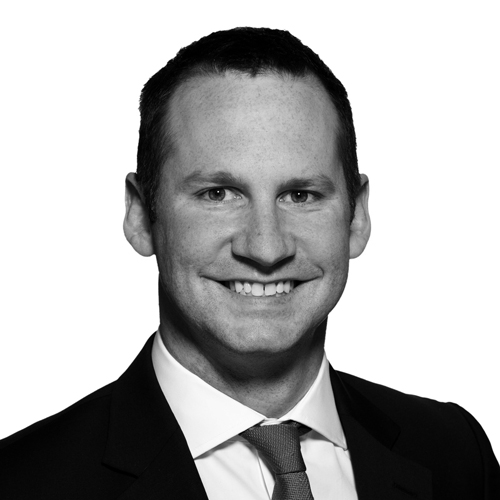The shifts in today’s world arguably signify the dawn of a new world order, one where old assumptions and certainties are being supplanted by new dynamics. Traditional alliance structures and multinational organisations are being put to the test as their efficacy and relevance are increasingly being called into question. Since the end of the Cold War, NATO has struggled to find its purpose and although the so-called War on Terror has opened new avenues for meaningful cooperation, the long-term viability of the alliance continues to be called into question. At a time when a resurgent Russia has given the Cold War era alliance new life, President Donald Trump has repeatedly questioned its relevance as main NATO partners are increasingly turning inward. In light of proposals for a new European army, the potential for polarisation and fragmentation poses serious challenges to the alliance. Ongoing conflagrations, such as the Russia- Ukraine crisis, further threaten to polarise the positions of key NATO members. This session will discuss the future of the NATO alliance in a world that reflects significantly different dynamics then those from which it emerged and in which its relevance is being called into question by even its most powerful members.
Discussion Themes
This session intends to discuss the following:
• Can NATO members find new common ground?
• Will the inclusion of new members strengthen or further dilute the alliance?
• What is Turkey’s future role in the alliance, particularly as its political and security concerns are often underpinned by different realities than those of their European and North American allies?
• Does the resurgence of Russia provide new life for NATO, or do new global political dynamics marked by shifting alliances and multi-polarity merely re-emphasise the argument that NATO is no longer reflective of today’s geopolitical realities?
• Will polarising issues such as the Russia-Ukraine crisis and increasing populism across Europe and the United States further fragment the alliance?
